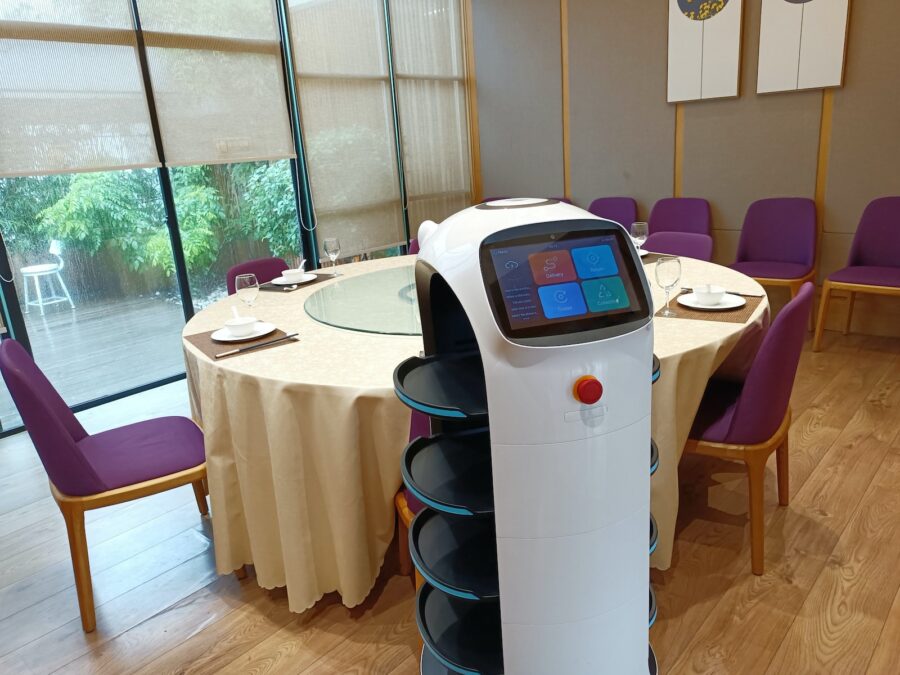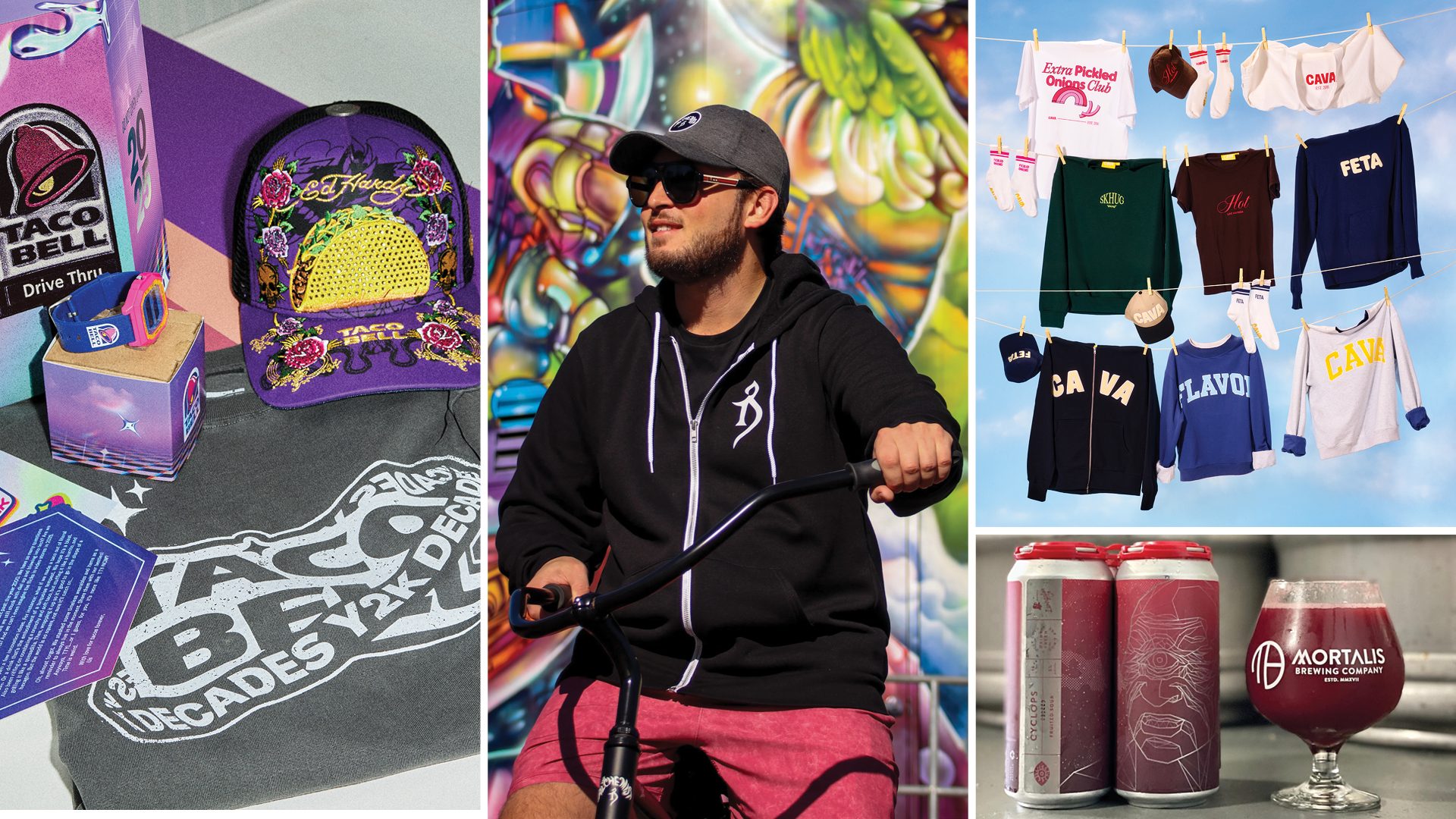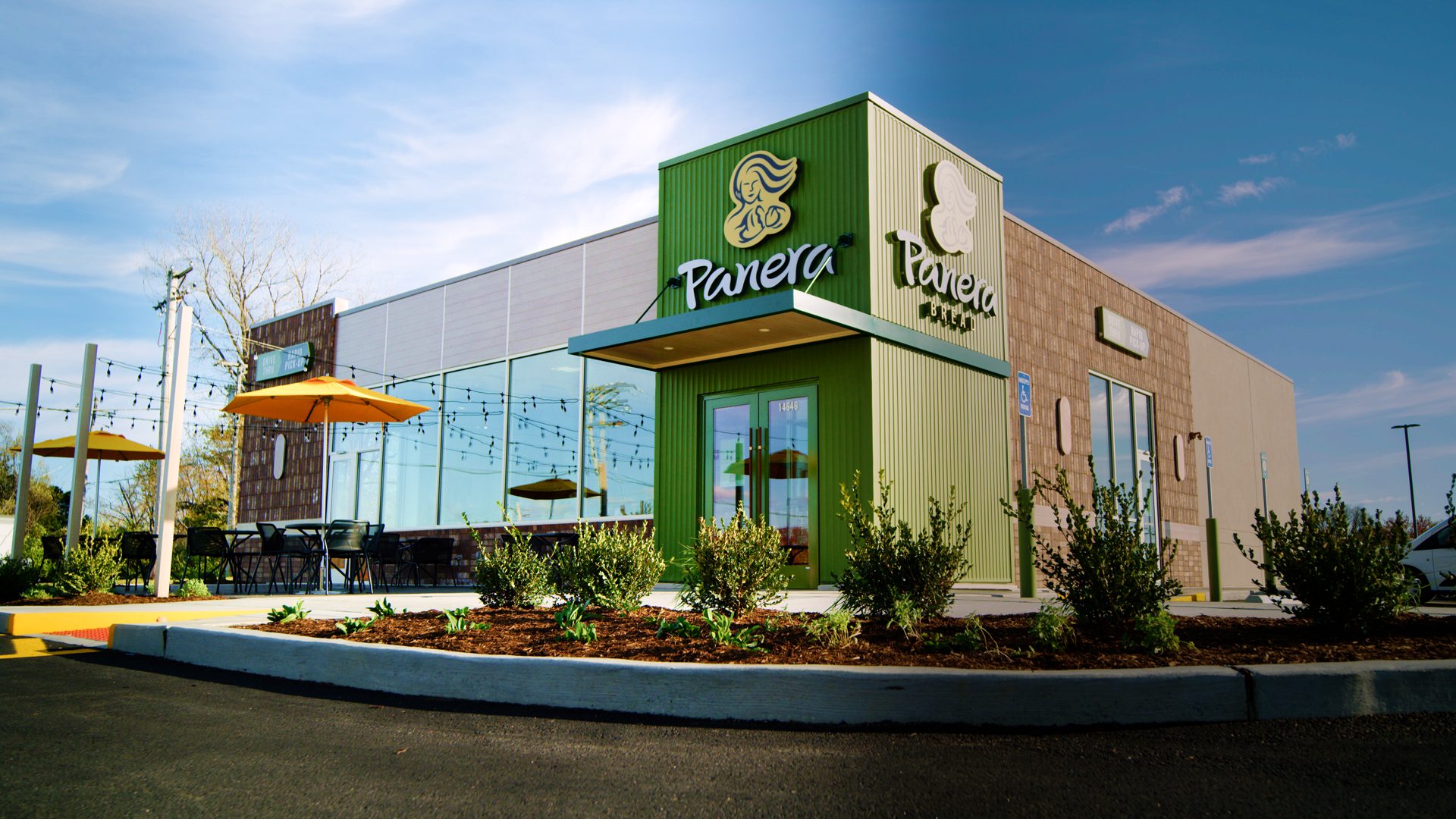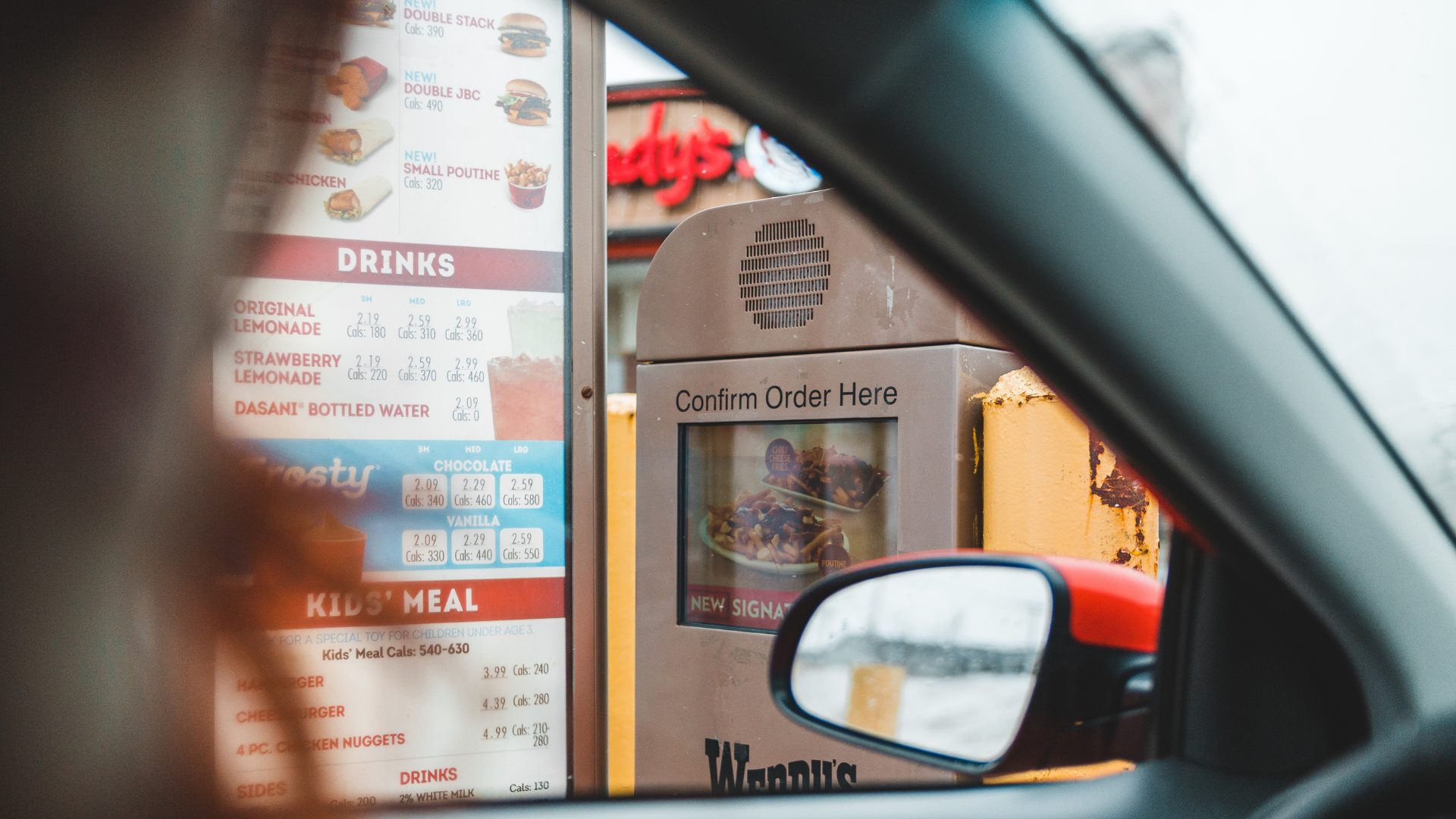The meaning of “restaurant venture capital” is changing. While the term has historically referred to funding for brick-and-mortar restaurants, the restaurant venture capitalists of today have shifted their focus to investing in foodservice technology.
Last year, venture capitalists invested nearly $40 billion in food tech companies across 1,358 deals, according to PitchBook data.
The increased investment in foodservice tech can largely be attributed to the industry changes caused by the Covid-19 pandemic. Since 2020, funds have poured into e-commerce and food delivery companies to meet consumer demand, as well as automation and robotics to combat staffing shortages and reduce labor costs.
“The disruption of the pandemic gave restauranteurs and investors a big jolt,” Henry Li, director at Wells Fargo Technology Banking Group told The Food Institute. “There hasn’t been a time when both demand from the consumer, as well as operations, changed so much in such a short period of time.”
And while the meaning of restaurant venture capital itself is quickly evolving, the foodservice technologies that investors choose to bet on are changing too.
The investment boom in food delivery fueled by the pandemic, for instance, has slowed significantly in 2022, with many venture capitalists now turning their attention toward robotics and automation.
“Investors and entrepreneurs are shifting focus and intensifying investments into areas where better solutions might be more efficient–ranging from digitalization/automation, sharpening labor usage, and demand generation in all parts of the supply chain,” Li explained.
For example, just last month, Stellar Pizza, an automated robot pizza truck company, announced a $16.5 million round of funding backed by Jay-Z’s venture capital firm, Marcy Venture Partners.
Another robotics startup, RoboBurger Inc, creator of an “autonomous robotic burger chef in a box” secured $10 million in Seed 2 funding from Promethean Investments in October.
Meanwhile, Cultivate Next, Chipotle’s $50 million venture fund, has invested in Hyphen, a startup that makes an automated robotic production line designed to assemble digital orders under the counter, while human staffers assemble in-house orders up above.
Each of these foodservice tech companies share the common goal of optimizing operations to increase productivity and output, an opportunity that investors are eager to capitalize on.
“There are sharp investors who are laser-focused on this segment because they ascertain it was under-invested pre-pandemic,” Li explained. “Their theory is that the combination of under-investment as well as a general wider acceptance of tech will cumulate into an outsized growth opportunity in the restaurant industry.”
Looking ahead, “consumers and operators will continue to demand that technology provide foodservice solutions that match the overall pace of the economy,” Li said.
As long as there are new technologies promising to transform the foodservice industry, there will always be investors eager to get in early.












